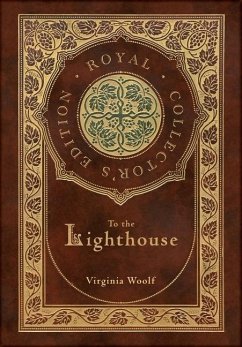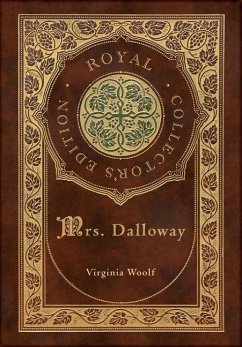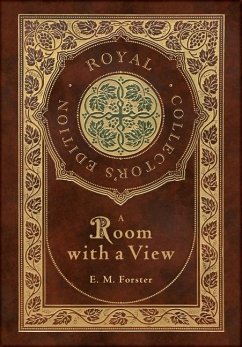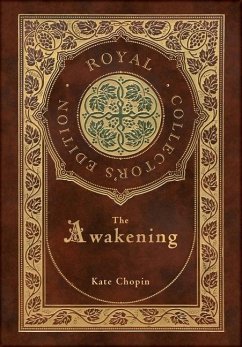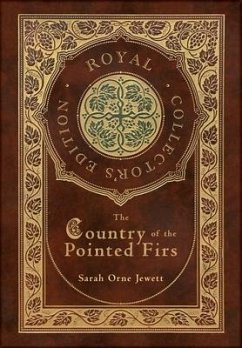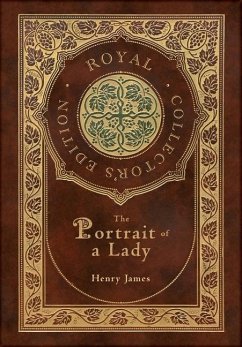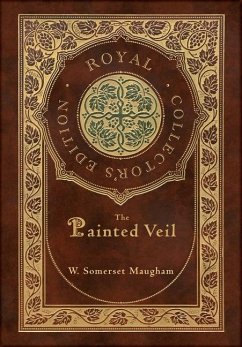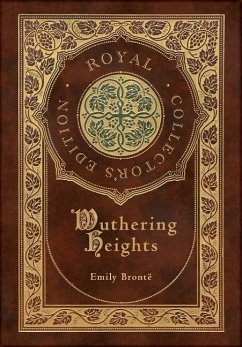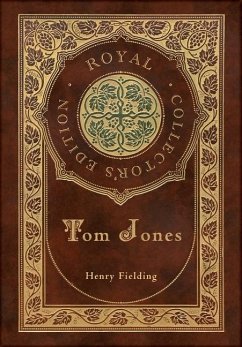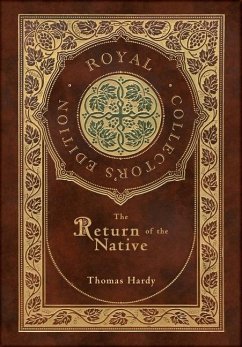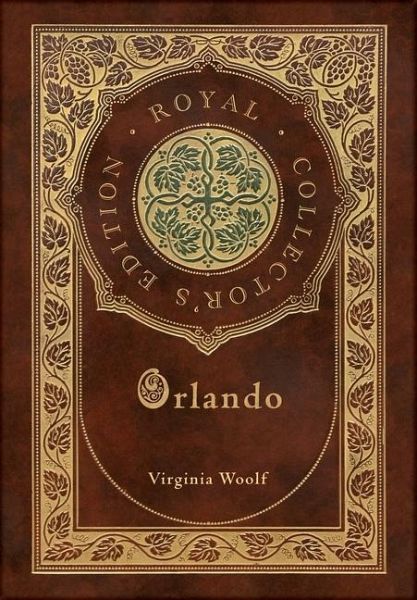
Virginia Woolf
Gebundenes Buch
Orlando (Royal Collector's Edition) (Case Laminate Hardcover with Jacket)
Versandkostenfrei!
Versandfertig in über 4 Wochen

PAYBACK Punkte
19 °P sammeln!




Orlando is a groundbreaking novel that explores themes of gender, identity, and the fluidity of time through the life of its protagonist, who transforms from a man into a woman and lives for centuries without aging.
Adeline Virginia Woolf (25 January 1882 - 28 March 1941) was an English writer, considered one of the most important modernist 20th century authors and also a pioneer in the use of stream of consciousness as a narrative device. Woolf was born into an affluent household in South Kensington, London, the seventh child in a blended family of eight which included the modernist painter Vanessa Bell. While the boys in the family received college educations, the girls were home-schooled in English classics and Victorian literature. An important influence in Virginia Woolf's early life was the summer home the family used in St Ives, Cornwall, where, in the late 1890s, she first saw the Godrevy Lighthouse, which was to become central to her novel To the Lighthouse (1927). Woolf's childhood came to an abrupt end in 1895 with the death of her mother and her first mental breakdown, followed two years later by the death of her half-sister and a mother figure to her, Stella Duckworth. From 1897 to 1901, she attended the Ladies' Department of King's College London, where she studied classics and history and came into contact with early reformers of women's higher education and the women's rights movement. Other important influences were her Cambridge-educated brothers and unfettered access to her father's vast library. Encouraged by her father, Woolf began writing professionally in 1900. In 1912, she married Leonard Woolf, and in 1917 the couple founded the Hogarth Press, which published much of her work. They rented a home in Sussex and moved there permanently in 1940. Throughout her life, Woolf was troubled by her mental illness. She was institutionalised several times and attempted suicide at least twice. Her illness may have been bipolar disorder, for which there was no effective intervention during her lifetime. In 1941, at age 59, Woolf died by drowning herself in the River Ouse at Lewes. Of maternal French and paternal Irish descent, Chopin was born in St. Louis, Missouri. She married and moved with her husband to New Orleans. They later lived in the country in Cloutierville, Louisiana. From 1892 to 1895, Chopin wrote short stories for both children and adults that were published in such national magazines as Atlantic Monthly, Vogue, The Century Magazine, and The Youth's Companion. Her stories aroused controversy because of her subjects and her approach; they were condemned as immoral by some critics. Her major works were two short story collections: Bayou Folk (1894) and A Night in Acadie (1897). Her important short stories included "Désirée's Baby" (1893), a tale of miscegenation in antebellum Louisiana, "The Story of an Hour" (1894), and "The Storm" (1898). "The Storm" is a sequel to "At the Cadian Ball," which appeared in her first collection of short stories, Bayou Folk. Chopin also wrote two novels: At Fault (1890) and The Awakening (1899), which are set in New Orleans and Grand Isle, respectively. The characters in her stories are usually residents of Louisiana. Many of her works are set in Natchitoches in north central Louisiana, a region where she lived. Within a decade of her death, Chopin was widely recognized as one of the leading writers of her time.

Produktdetails
- Verlag: Engage Books
- Seitenzahl: 180
- Erscheinungstermin: 30. April 2024
- Englisch
- Abmessung: 229mm x 152mm x 14mm
- Gewicht: 435g
- ISBN-13: 9781778784620
- ISBN-10: 1778784623
- Artikelnr.: 70396218
Herstellerkennzeichnung
Libri GmbH
Europaallee 1
36244 Bad Hersfeld
gpsr@libri.de
Für dieses Produkt wurde noch keine Bewertung abgegeben. Wir würden uns sehr freuen, wenn du die erste Bewertung schreibst!
Eine Bewertung schreiben
Eine Bewertung schreiben
Andere Kunden interessierten sich für




